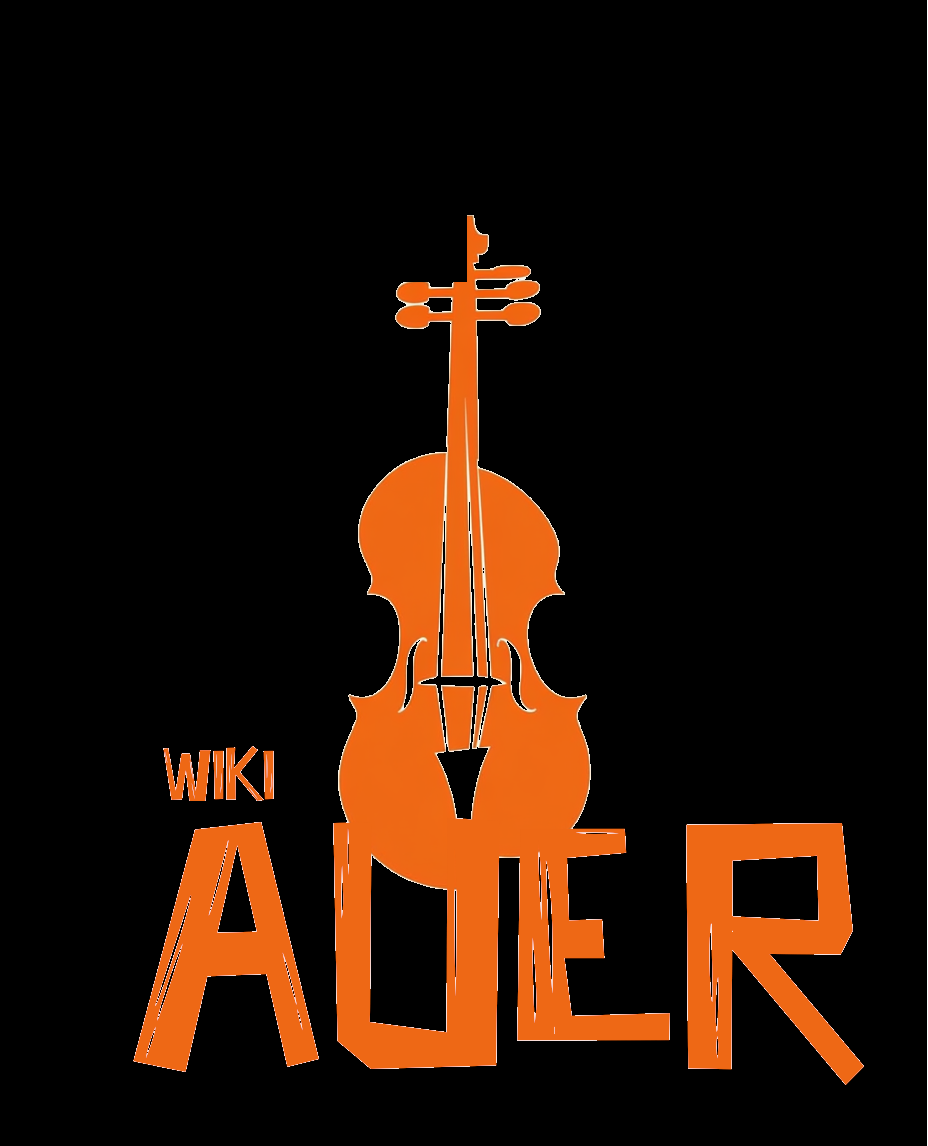Maintaining Professionalism In Informal Digital Conversations
Maintaining professionalism in casual remote chats is essential — no matter how casual the conversation becomes. Just because you are chatting over Slack, как найти подработку Teams, or WhatsApp doesn’t mean the standards of respect, clarity, and responsibility should drop. Begin with careful word choice. Avoid slang, excessive emojis, or overly casual phrases like heyyy or lol unless the environment and recipients have explicitly signaled tolerance. Always use proper grammar and punctuation to make sure your intent is understood and respected.
Consider the timing of your communications. Even if your team works across time zones, don’t message during personal time unless absolutely necessary unless the matter is urgent. This shows respect for others’ boundaries and work-life balance.
Think before you reply. Casual chats can quickly spiral into off-topic conversations. Fostering team connection matters, stay aligned with professional objectives when the conversation thread is intended for work purposes. If the conversation veers off track, politely redirect the focus or recommend shifting private subjects to direct messages.
Protect sensitive information. Do not disclose confidential data, internal announcements, or private employee information in open group chats. Even when you trust the group, treat every message as potentially visible to outsiders. If unsure, play it safe.
Adapt your communication style based on context and recipient. A casual note to someone you collaborate with regularly might be less formal than a message to a manager or client. Use tone that matches the relationship, but maintain courtesy and clarity. Professional conduct isn’t synonymous with formality—it’s rooted in mindfulness, steadiness, and trustworthiness, no matter how informal the platform.
